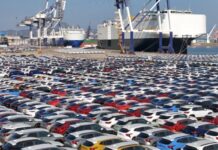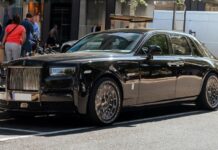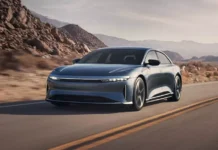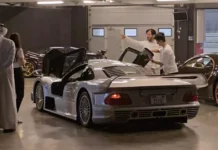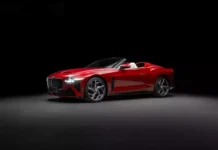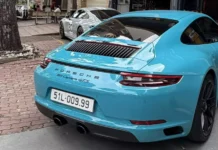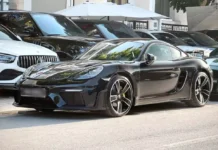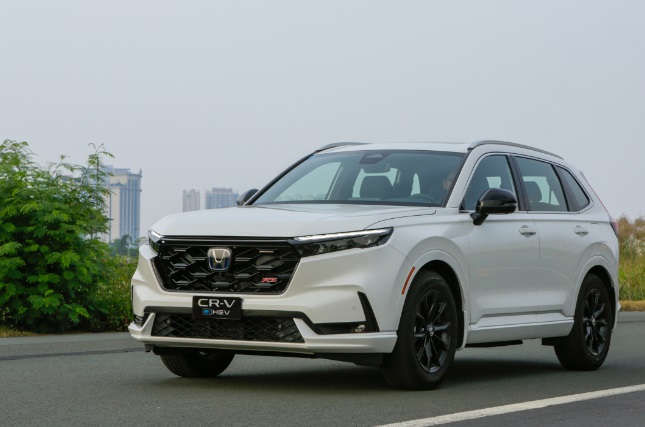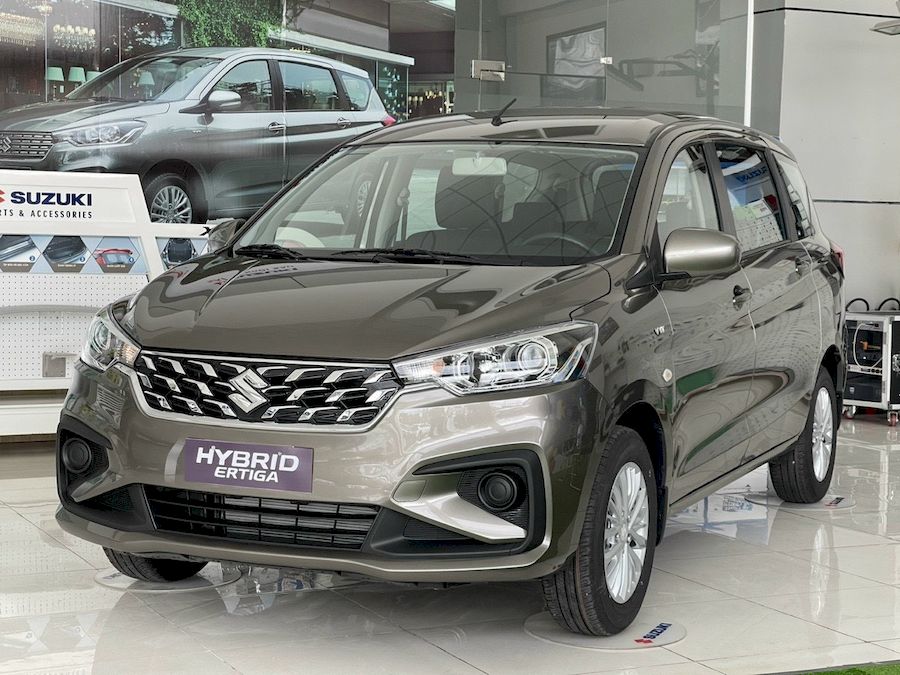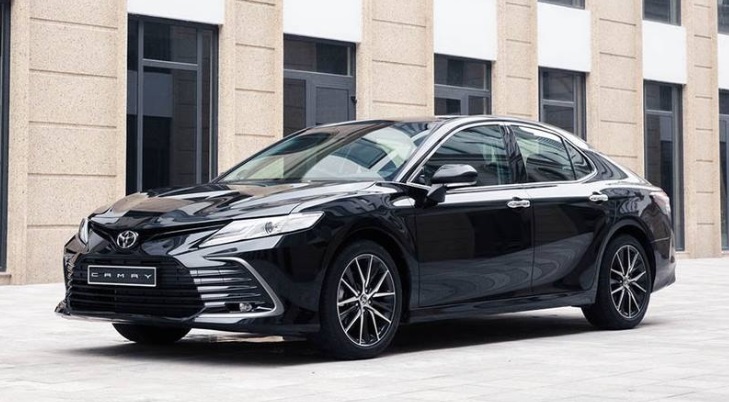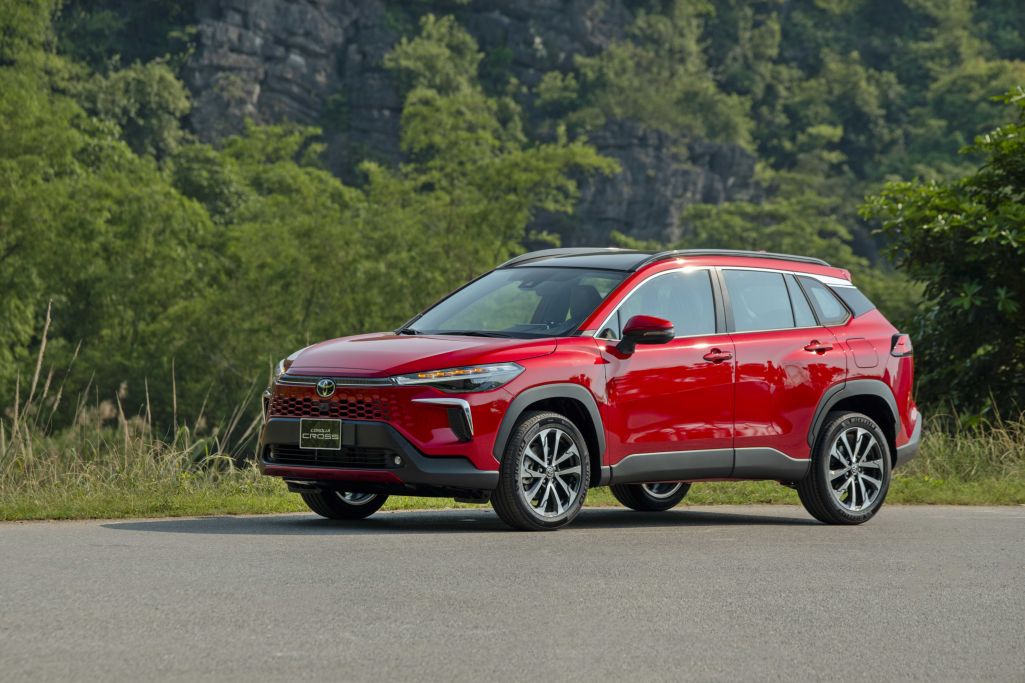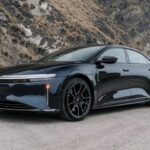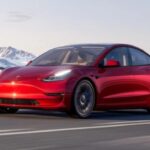The Ministry of Industry and Trade proposes that the Government direct relevant agencies to research and implement incentive policies for “green” vehicles from now on to prepare for the carbon neutrality goal by 2050.
In the Draft Strategy for the Development of Vietnam’s Automobile Industry by 2030, with a vision towards 2045, the Ministry of Industry and Trade sets a target for the proportion of electric, hybrid, solar-powered, biofuel, or other green fuel vehicles (collectively referred to as green vehicles) to account for about 18-22% of the total market sales (1-1.1 million units) by 2030, equivalent to approximately 180,000-242,000 vehicles.
By 2045, the total sales volume of Vietnam’s automobile market is expected to reach 5-5.7 million vehicles. Of these, about 4.3 – 4.4 million will be green vehicles, accounting for a market share of about 80 – 85%.
To achieve these targets, the Ministry of Industry and Trade proposes in the draft that the Government directs relevant agencies to research and implement policies to reduce registration fees for battery electric vehicles (BEV), self-charging hybrid vehicles (HEV), and plug-in hybrid vehicles (PHEV).
Registration fees are one of the many ownership costs that need to be completed to get a vehicle on the road. Offering registration fee incentives is one way to encourage people to prioritize using these types of vehicles.
According to the current Decree 10/2022, the BEV line is being offered a 0% registration fee incentive for three years, from March 1, 2022, to March 1, 2025. For the next two years, the registration fee will be 50% of that for gasoline and diesel vehicles with the same number of seats. In addition, BEVs are subject to a special consumption tax of 3% instead of 15% during the period from March 1, 2022, to February 28, 2027. Meanwhile, hybrid vehicles do not have similar incentives.
In addition, the Vietnam Automobile Manufacturers Association (VAMA) has also proposed a special consumption tax (SCT) for hybrid vehicles equivalent to 70% of that for gasoline and diesel vehicles of the same type and a reduction in SCT for PHEVs from 70% to 50%.
Currently, the SCT for the BEV line is being offered an incentive rate of 3%, down from 15%, applicable from March 1, 2022, to February 28, 2027.
TT (Tuoitrethudo)
The Lucid Air Sapphire: Now the World’s Fastest Armored Car, Priced at VND 11.8 Billion.
U.S. Armor Group has unveiled an exciting new variant of the Lucid Air Sapphire – an electric super sedan with a twist of armor. This unique vehicle is a perfect blend of speed, cutting-edge technology, and optimal protection. With its sleek design and impressive performance, the armored Lucid Air Sapphire is a true testament to the fusion of luxury and security.
An Electrifying Choice: 32% of Tesla Owners Opt to Stay Charged
Edmunds, the renowned automotive testing and review organization, has made a startling revelation: a significant number of Tesla owners have made the switch from electric cars back to gasoline-powered vehicles. This unexpected trend has sparked intrigue within the automotive industry, prompting further examination into the factors driving this shift in consumer behavior.

